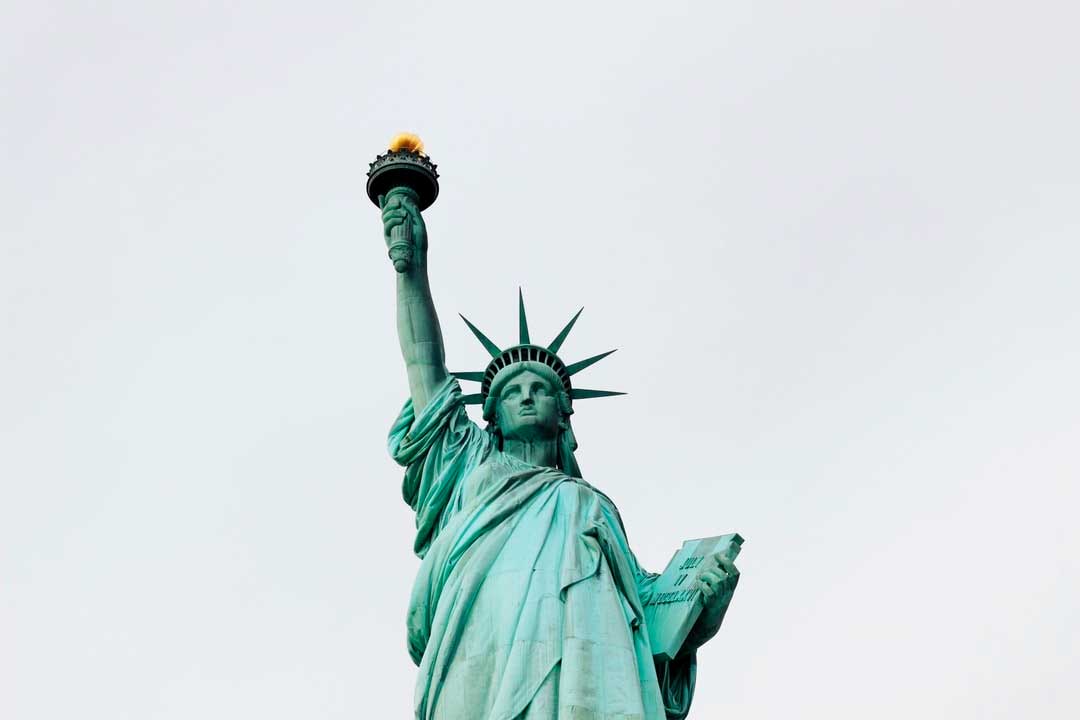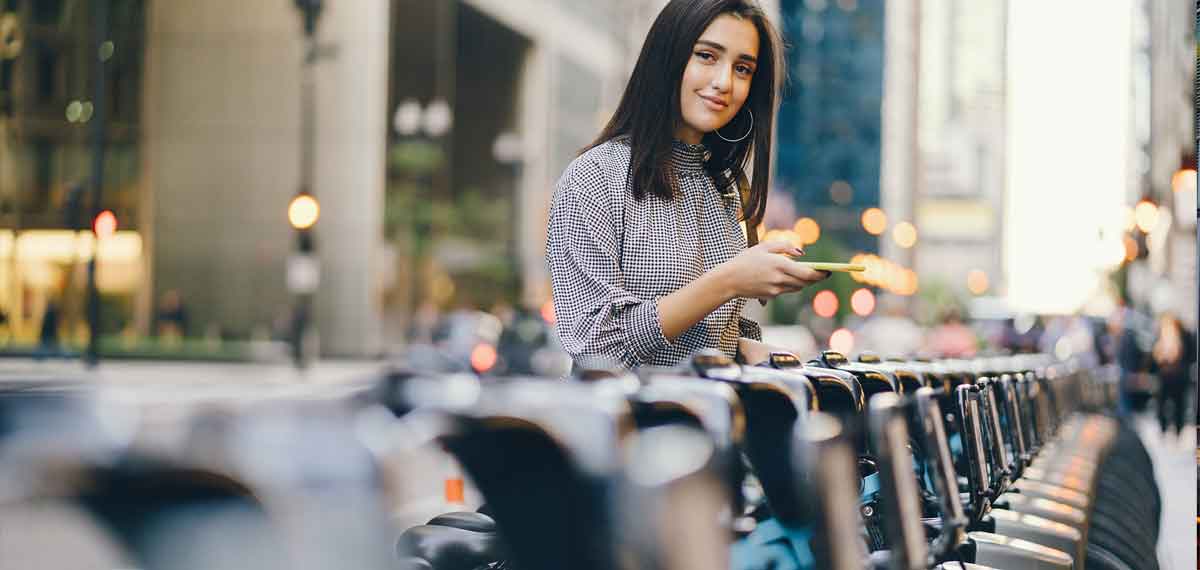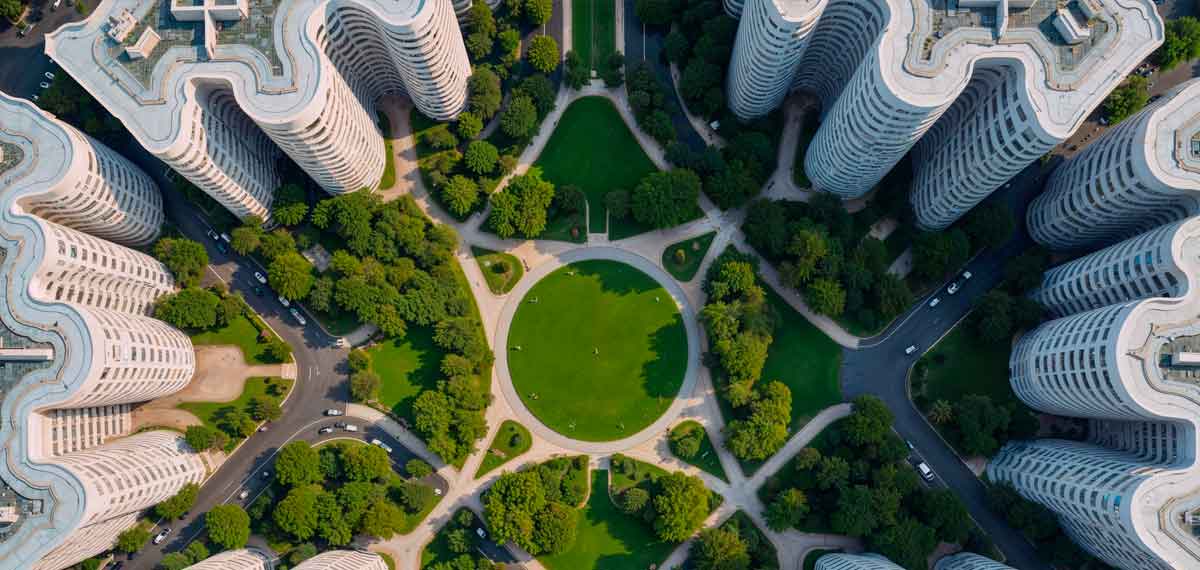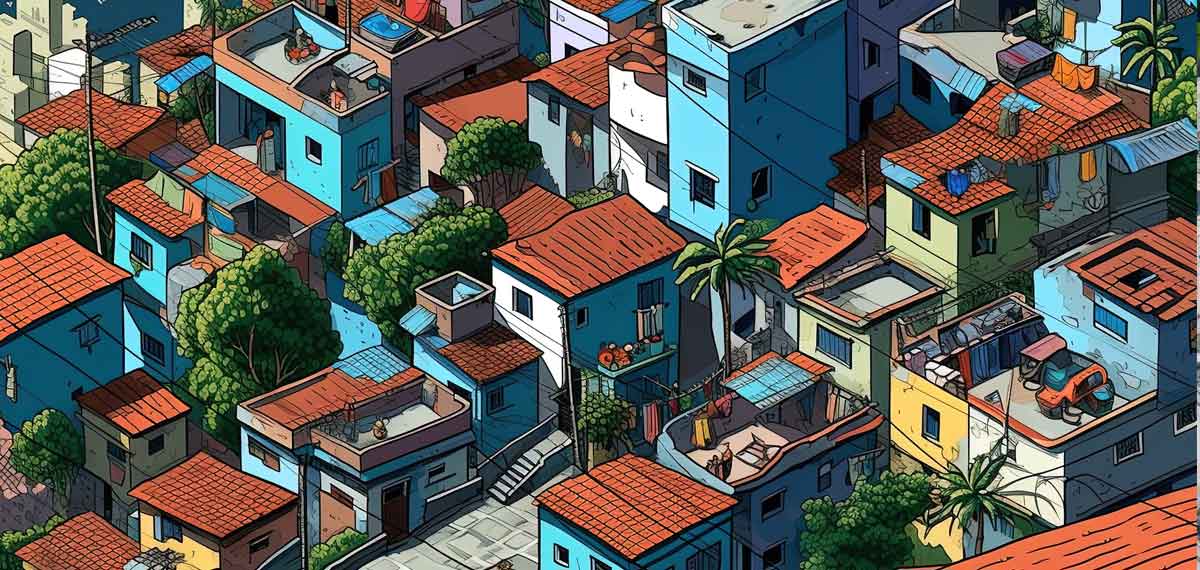New York’s back.
And it needs to get into Tech.
That’s the recommendation of Cornell University’s Urban Tech Hub as the Big Apple comes back from the pandemic..
Through talks with experts and policy makers the team, led by Rohit Aggarwala, the Urban Tech Hub drafted a list of recommendations for the city’s newly elected government. After over 100 interviews, privacy and equitable access to technology emerged as the two big ideas for post-pandemic New York.
The first step is enacting privacy law. Many people think of government regulation as inherently anti-tech, Aggarwala pointed out in his CityAge presentation, but he says it’s actually “the foundation” to getting the most out of tech. Why? Because it makes room for trust.
In order for New Yorkers to willingly share their data, they need to feel comfortable knowing exactly who’s using the data and for what. Good privacy law stops people from worrying about how the data might be used, and frees them up to think about all the possibilities that sharing their data can bring.
The next priority is democratization of technology. “The city is not going to be able to fully embrace technology until it is equitable to do so,” Aggarwala said. In order to automate and streamline urban services, the technology has to be accessible to everyone.
They want the government to do more tech procurement and development, too. They want New York to implement a new board of experts who will keep elected officials up to date on all the newest technology and investment opportunities. Not only that, they want to see a new position in the city government, to run NYC’s tech future: Deputy Mayor for Technology.
With a serious privacy law, equal access to tech, and keeping New York competitive through expert guidance and the DM of Tech, Aggarwala envisions New York being a centre for technology.
You can read the key recommendations below, ,which were presented at CityAge’s New York Event on June 15, which you can also watch here. Read the full set of recommendations here.
How to add tech to the Big Apple:
- Enact a firm privacy law
- Appoint a Deputy Mayor for Technology who has power
- Add tech for more scrutiny and oversight of police
- Use tech to regulate how our streets are used: cameras enforcing traffic rules to improve safety for pedestrians, bikers, and other drivers, reserving parking spots ahead of time, finding a place for a pick-up/delivery, and revamp bike lane networks to make space for new e-bike technology
- Use drones to reduce construction sheds over sidewalks to perform facade inspections. Drones can free up human labour, using 3D infrared inspection or millimetre-level mapping
- Make construction go digital: push NYC’s design and construction industry towards 3D building information systems and computer based construction, creating better records with an eye towards streamlining more processes
- Build the sensor infrastructure to monitor and act on Air quality, waste collection, mapping of underground infrastructure
- Digital government. Keep community board meetings online post-Covid. More people have been able to attend the weekday evening meetings since they transitioned online in 2020, increasing community engagement and accessibility
- Create an emerging technologies board: tap into experts outside the government to get New York ahead. Regulating technology can lead to more innovation — the city has a role to play in shaping the future with technology.




